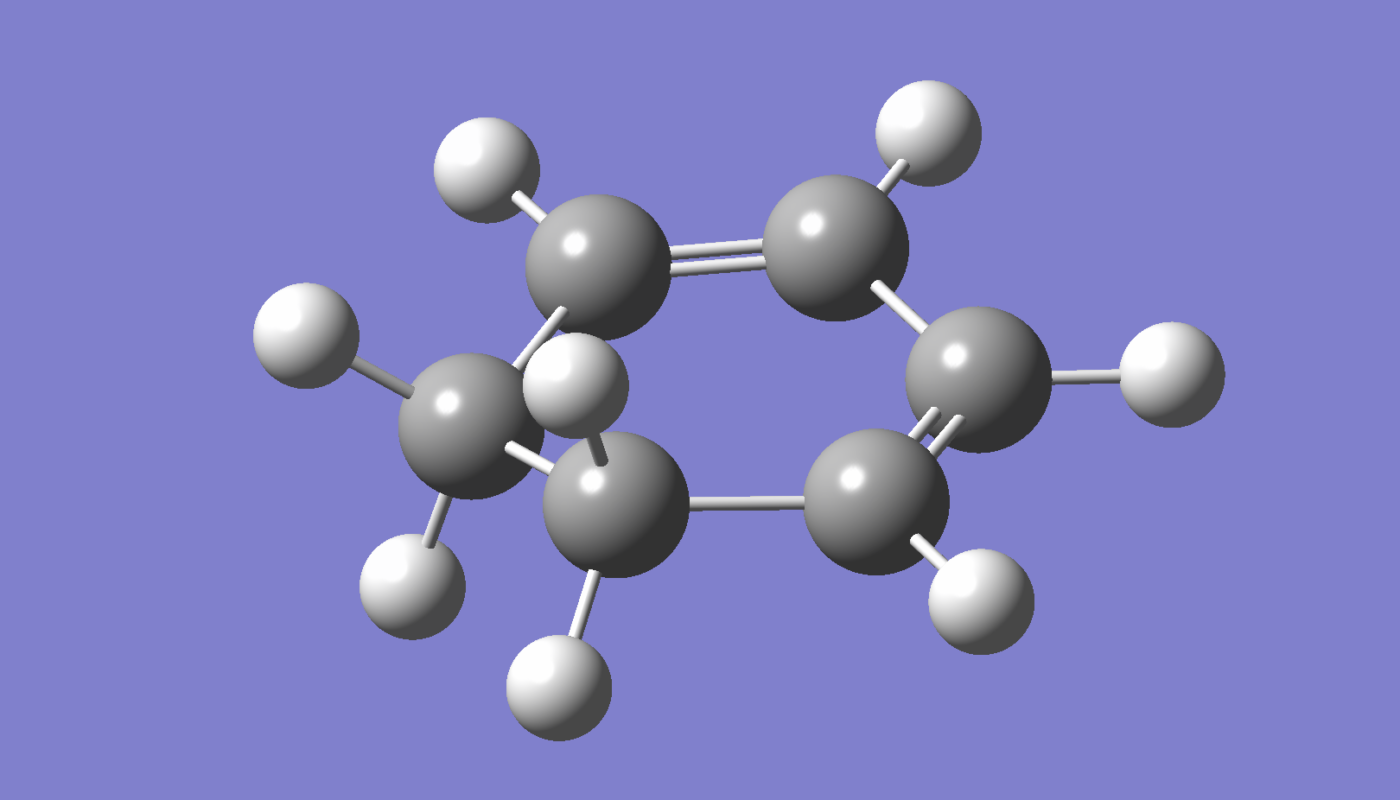What is Memantine?
Memantine (brand name Namenda) is an NMDA receptor antagonist approved by the US Food and Drug Administration (FDA) for the treatment of moderate to severe Alzheimer’s disease. It was first approved in the European Union in 2002 and received FDA approval in the United States in 2003. Memantine works by regulating glutamate, an excitatory neurotransmitter that is believed to be involved in certain types of neuronal injury. In Alzheimer’s disease patients, glutamate levels can be elevated and this is thought to contribute to the damage and death of nerve cells in the brain. By blocking NMDA receptors, memantine modulates the effects of excess glutamate. This makes memantine a unique treatment option compared to other Alzheimer’s drugs currently available.
How Memantine Works in Alzheimer’s Disease
In Alzheimer’s disease, there are deposits of amyloid plaques and neurofibrillary tangles in the brain which are believed to contribute to the loss of connections between nerve cells and dysfunction and death of neurons. This leads to the symptoms associated with Alzheimer’s like impairments in thinking, memory, language abilities and other cognitive functions. Memantine is thought to work by regulating glutamate neurotransmission and preventing overstimulation of the NMDA receptors. Healthy levels of glutamate neurotransmitter are important for learning and memory formation. However, excessive stimulation of NMDA receptors due to elevated glutamate can cause neuronal injury. By blocking the NMDA receptors, memantine moderates the effects of glutamate and provides neuroprotection which may slow down symptom progression in Alzheimer’s disease.
Effectiveness of Memantine in Clinical Trials
Several large clinical trials have demonstrated memantine’s effectiveness and safety in treating moderate to severe Alzheimer’s disease. Some key findings from clinical trials include:
– In a 28-week study of 252 patients, memantine therapy resulted in significantly less decline in activities of daily living, behavioral symptoms and global clinical measures compared to placebo.
– Another large 30-week study of 677 patients found memantine resulted in less deterioration in cognition, activities of daily living and global clinical measures of change compared to placebo.
– A meta-analysis that combined data from six clinical trials found memantine produced slight but clinically meaningful benefits on measures of cognition, activities of daily living and behavior when compared to placebo.
– A 52-week extension study of two earlier trials involving 1,392 patients found long-term memantine therapy slowed clinical worsening and was well tolerated.
– Combination therapy of memantine with donepezil (Aricept), an acetylcholinesterase inhibitor, led to additional benefits compared to donepezil alone based on cognition, behavior, activities of daily living and global function.
Thus, clinical evidence demonstrates memantine provides meaningful benefits in cognition, function and behavior in patients with moderate to severe Alzheimer’s disease.
Safety and Tolerability of Memantine
Overall, memantine has been found to be well tolerated with a safety profile similar to placebo in clinical trials. Some of the most commonly reported adverse effects include dizziness, headache and constipation. These side effects are usually mild to moderate in severity. More serious adverse reactions are uncommon and discontinuation of treatment due to adverse events occurs in only about 7% of patients. Memantine does not interact significantly with other medications metabolized by the hepatic P450 enzyme system. It can generally be safely combined with cholinesterase inhibitors like donepezil in patients with moderate to severe Alzheimer’s disease. Memantine’s tolerability enables longer-term treatment which may allow patients to experience benefits for a more extended period.
Memantine in Clinical Practice
Based on its efficacy and safety profile demonstrated in clinical trials, Memantine was approved by the FDA as monotherapy or combination therapy for the treatment of moderate to severe Alzheimer’s disease. It offers neuroprotection through its novel mechanism of action as an NMDA receptor antagonist. Memantine provides relief from worsening of symptoms like cognition, activities of daily living and behavior. Its tolerability also allows for long-term administration. As the disease progresses, combination therapy with memantine and cholinesterase inhibitors may optimize clinical benefits for patients with moderate to severe stages of Alzheimer’s disease according to treatment guidelines. Memantine has become a valuable option for the management of Alzheimer’s symptoms, especially in patients unable to tolerate some other available therapies. Overall, memantine appears to be a promising drug that can help improve quality of life for Alzheimer’s patients and their caregivers.
*Note:
1. Source: Coherent Market Insights, Public sources, Desk research
2. We have leveraged AI tools to mine information and compile it




